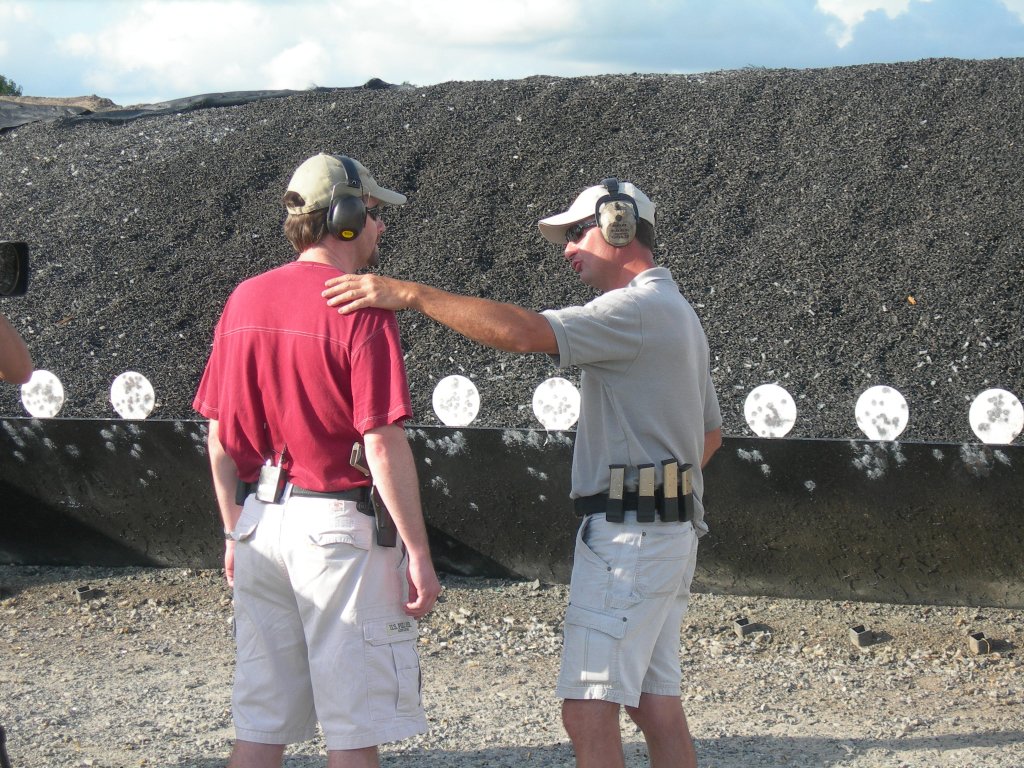Well, Obama promises, and Obama delivers on when it comes to screwing gun owners. We have two new executive orders on guns. First:
Closing a Loophole to Keep Some of the Most Dangerous Guns Out of the Wrong Hands
Current law places special restrictions on many of the most dangerous weapons, such as machine guns and short-barreled shotguns. These weapons must be registered, and in order to lawfully possess them, a prospective buyer must undergo a fingerprint-based background check.
However, felons, domestic abusers, and others prohibited from having guns can easily evade the required background check and gain access to machine guns or other particularly dangerous weapons by registering the weapon to a trust or corporation. At present, when the weapon is registered to a trust or corporation, no background check is run. ATF reports that last year alone, it received more than 39,000 requests for transfers of these restricted firearms to trusts or corporations.
Today, ATF is issuing a new proposed regulation to close this loophole. The proposed rule requires individuals associated with trusts or corporations that acquire these types of weapons to undergo background checks, just as these individuals would if the weapons were registered to them individually. By closing this loophole, the regulation will ensure that machine guns and other particularly dangerous weapons do not end up in the wrong hands.
The idea that criminals and other prohibited persons are using NFA trusts as a construct to skirt background checks is laughable. This is a middle finger extended in our direction, and not much more than that. How is this going to work? There are some corporations that legitimately own NFA firearms, such as museums. Does everyone in the corporation have to go through the FBI fingerprint check? Does each person in the corporation or trust have to undergo LEO signoff? There’s a lot of devil that will be in the details here. But that’s not all:
Keeping Surplus Military Weapons Off Our Streets
When the United States provides military firearms to its allies, either as direct commercial sales or through the foreign military sales or military assistance programs, those firearms may not be imported back into the United States without U.S. government approval. Since 2005, the U.S. Government has authorized requests to reimport more than 250,000 of these firearms.
Today, the Administration is announcing a new policy of denying requests to bring military-grade firearms back into the United States to private entities, with only a few exceptions such as for museums. This new policy will help keep military-grade firearms off our streets.
Yeah, surplus military weapons sold after the era of the M1 are going to be machine guns are aren’t re-importable already by statute. What Obama is keeping out here are historical pieces like the M1 Garand and M1 Carbine. This is also just a way to put the screws to us.
Keep it up Mr. President. We’ll keep defeating you, boxing you into a corner, and otherwise destroying your agenda. You can lash out at us in a childish tantrum all you want. In the end we will prevail over you.
UPDATE: Looks like the AP is already helping the Administration spin this as the greatest thing since sliced bread rather than the load of horse shit it really is.
UPDATE: John Lott takes the AP to task.




 A few readers have sent me links to this proposal by a few Democratic Congress Critters that proposes to impose a severe tax on handguns and ammunition
A few readers have sent me links to this proposal by a few Democratic Congress Critters that proposes to impose a severe tax on handguns and ammunition